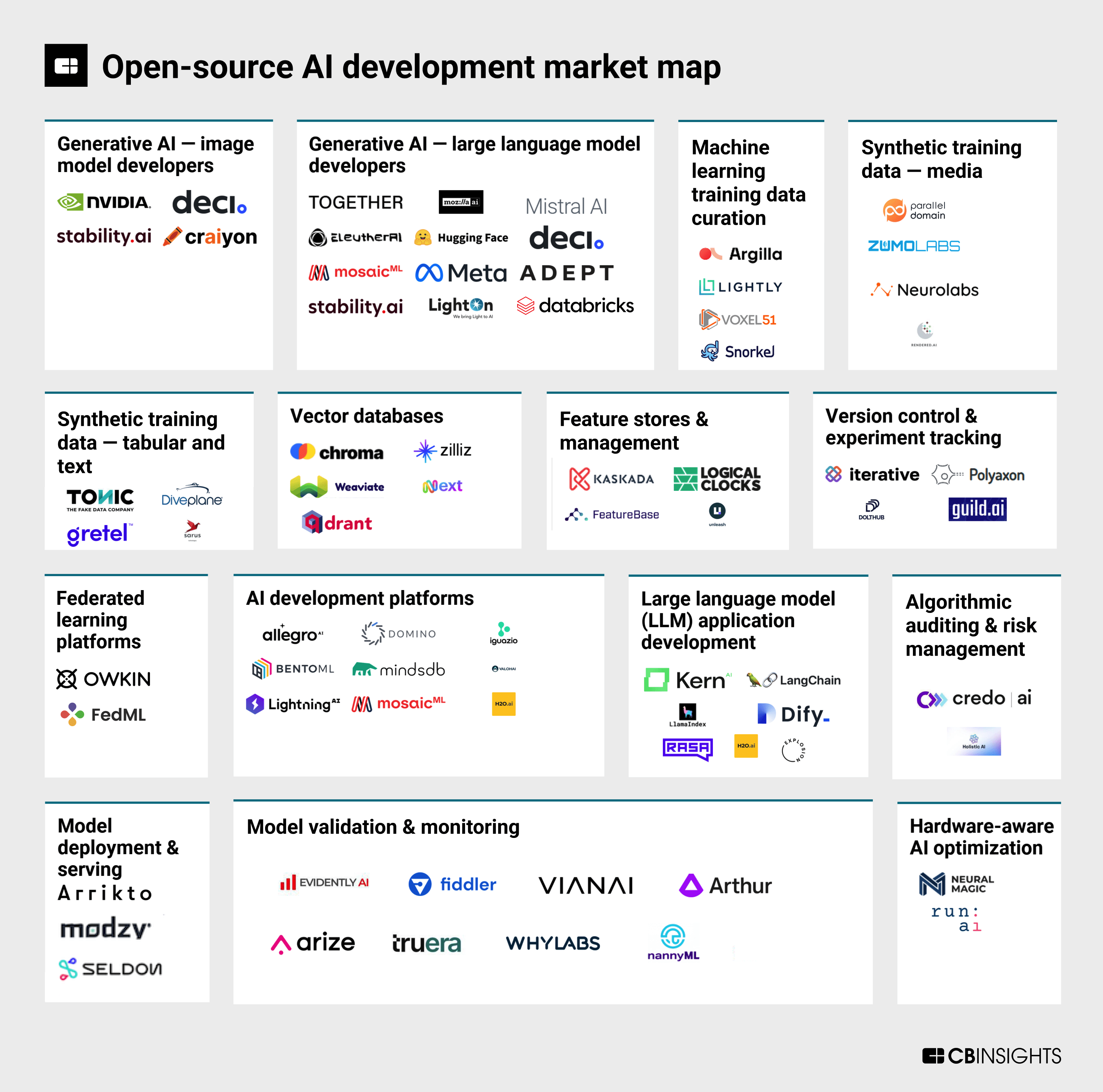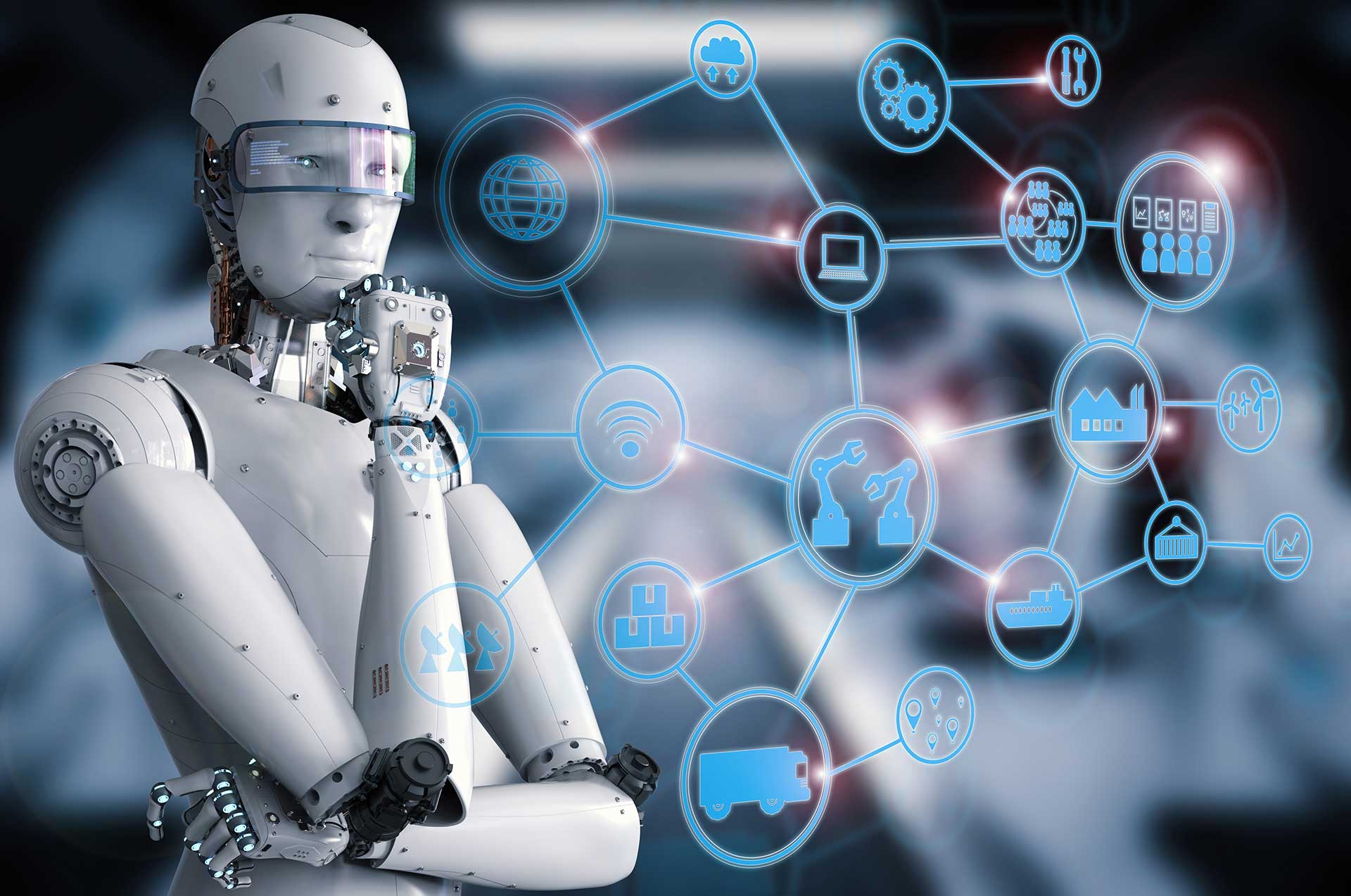OpenAI: A Necessary Departure from Utopia
Many of you know of Elon Musk for his unwavering belief in the future of technology, particularly Artificial Intelligence. It's why he co-founded OpenAI in 2015 – a project fueled by the idealistic notion of open-source AI development for the betterment of humanity. But as with most grand ventures, reality throws you a curveball (or in this case, a whole dataset).
Here's the truth – the OpenAI he envisioned wasn't sustainable. Let me explain. The Allure of Open Source
The Allure of Open Source
Open source has the undeniable power of democratization. By sharing code and fostering collaboration, we accelerate innovation. This was the dream – a global village of brilliant minds building a safe and wondrous AGI (Artificial General Intelligence) together.
But the dream overlooks some harsh realities. The Cost of Progress
The Cost of Progress
Developing cutting-edge AI is no walk in the park. It requires a staggering amount of computing power, massive datasets, and a team of the best minds in the world. This translates to serious cash. OpenAI, solely reliant on donations, simply couldn't keep pace.
We were like a Formula One team racing on a bicycle. Sure, the passion was there, but the results were… underwhelming. We needed a significant funding influx to push the boundaries of AI research, and that's where things got complicated. The Partnership Quandary
The Partnership Quandary
OpenAI, desperate for resources, entered a partnership with Microsoft. It was a lifeline – a chance to finally develop the kind of AI that could truly benefit humanity. Here's the rub: such partnerships come at a cost. Microsoft, a for-profit entity, understandably wanted a return on investment. This meant some level of exclusivity, some control over the research direction. This created a fundamental conflict with the utopian ideal of completely open-source AI.
Microsoft, a for-profit entity, understandably wanted a return on investment. This meant some level of exclusivity, some control over the research direction. This created a fundamental conflict with the utopian ideal of completely open-source AI.
The Great Divide: Openness vs. Control
Here's the crux of the matter: unfettered openness can be a double-edged sword. While it fosters collaboration, it also risks the proliferation of dangerous or unethical applications of AI.
Imagine bad actors getting their hands on powerful, unrefined AI. The consequences could be catastrophic. Responsible development necessitates a certain degree of control, a way to steer research in a safe and ethical direction.
This is where the dream and reality clashed. OpenAI, yearning for complete openness, was ill-equipped to handle the financial and ethical complexities of cutting-edge AI research.
The Necessary Pivot: A Capped-Profit Model
The solution wasn't abandoning the dream entirely, but rather adapting it. This is why we transitioned OpenAI into a capped-profit model. We partnered with Microsoft for the resources needed to conduct groundbreaking research, but with a crucial safeguard: profits would be capped, ensuring the primary focus remained on the responsible development of AI for the benefit of humanity.
Open Source vs. Responsible Development
Here's the bottom line: I understand the disappointment some feel about OpenAI's departure from pure open-source. But let me assure you, this wasn't a sell-out. It was a necessary evolution.
Open source may be the ideal, but in the real world, responsible development requires a balanced approach. We need both the collaborative spirit of open source and the focused direction that comes with controlled research. This, I believe, is the path towards a safe and beneficial future powered by AI.
The Road Ahead
OpenAI, under this new model, has flourished. We've made significant strides in AI research, developing tools like GPT-3 with immense potential for positive societal impact. The journey is far from over. We continue collaborating with the research community, but with a keen eye on the ethical implications. This, I believe, is the true mark of progress – pushing the boundaries of AI while ensuring it serves humanity for generations to come.
The journey is far from over. We continue collaborating with the research community, but with a keen eye on the ethical implications. This, I believe, is the true mark of progress – pushing the boundaries of AI while ensuring it serves humanity for generations to come.
The dream of open-source AI may have been naive, but the dream of a beneficial AI future is very much alive, and OpenAI, in its current form, is at the forefront of making that dream a reality.
































